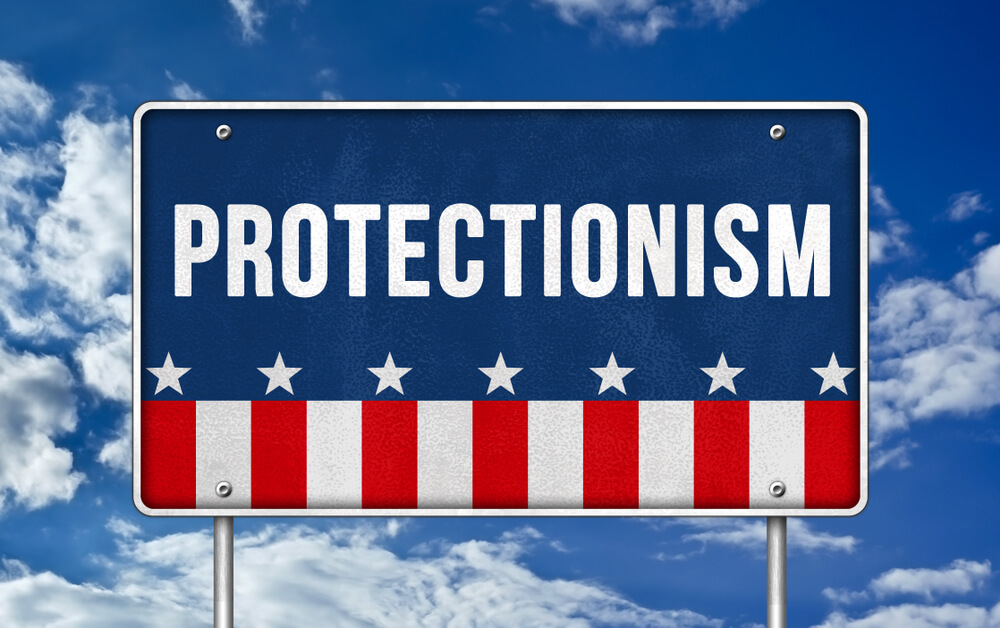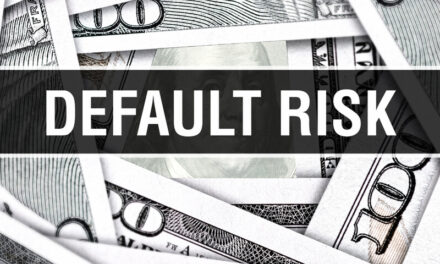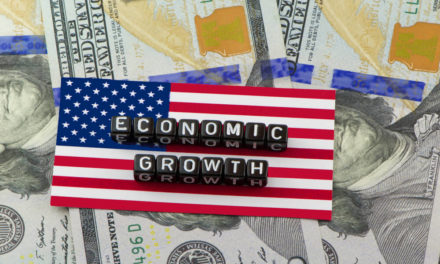RealClearMarkets opinion contributor Daniel Savickas wrote a thought-provoking piece this week in which he is urging President Donald Trump to stop his protectionist ways and listen to U.S. businesses that are suffering under the weight of his seemingly endless tariffs.
Savickas notes that Trump himself admitted this week that tariffs are nothing more than taxes, which Republicans are generally opposed to. During an impromptu press conference before Trump left for the G20 summit in Argentina — where Wall Street hopes he will come to a ceasefire agreement with China on more tariffs — he got a question in regards to the ongoing trade war with China. Trump answered by saying the U.S. now has “billions coming in in the form of tariffs or taxes.”
Per RealClearMarkets:
Alas, a cogent point on trade from Donald Trump. Tariffs are, indeed, taxes on both American businesses and American consumers. However, this truth must have been lost on him, and that analysis may have been an unintentional moment of clarity. In the next breath, Trump said he believed the Chinese wanted to cut a deal, but that he was very happy with the current arrangement. Just hours before, he also claimed the tariffs being charged to China were going to make the U.S. “richer than ever before.”
At the very least, this should relieve anyone of the notion that the trade escalation with China is merely a game of four-dimensional chess the President is playing in order to negotiate down to zero trade barriers. Just this summer, Trump tweeted that “our country was built on tariffs.” Before approaching any analysis of the Trump administration’s trade policy, it is important to recognize that the President is nothing but an unrepentant protectionist. The hopes that he may have been a closet free trader have been greatly exaggerated.
There is a reason Trump, in both interviews and on social media, is stepping up his rhetoric on his protectionism. It is because it is simply not working, and he is desperately trying to convince people to pay no attention to the devastating results his administration’s trade policies are already causing.
Savickas goes on to explain what is happening with U.S. farmers, who have been massively impacted by the tariffs, particularly levies on soybean imports China has enacted. Trump gave farmers what is essentially a $12 billion welfare check that isn’t even enough to cover their losses.
Corn growers and soybean farmers have echoed the same sentiment, saying that even with this bailout, it is only a drop in the bucket compared with the losses they have suffered due to Trump’s tariffs.
Savickas then tackled this week’s GM announcement that it is laying off 14,000 workers and closing up to five plants in North America.
Trump took to Twitter to criticize GM, and then had the nerve to suggest in his very next tweet that more tariffs could have prevented the closures and the layoffs. When that didn’t work, Trump resorted to calling them ungrateful. This is how quickly protectionists run out of coherent arguments.
Harley-Davidson also warned Trump about the effects his steel tariffs would have on them. The administration paid no attention, and the company moved some of its European market production out of the U.S. This was received by the President about as well as GM’s move was. He called the company’s executives “quitters” and advocated that customers boycott Harley-Davidson and start buying from their competitors.
This is all a natural consequence of protectionism. Its proponents expect businesses to lay down and accept the loss of revenue that comes along with tariffs. President Trump hurt American businesses and then lashed out at them for doing something to keep themselves in business. The market is speaking loudly and clearly, but it is falling on deaf ears in the Oval Office. That is because protectionism is antithetical to a free market economic approach.
Editor’s note: So what do you think, is Savickas correct in his opinion that Trump needs to end the trade war before it before things get worse for U.S. consumers and company’s? Or is Savickas wrong because the tariffs are a necessary evil to put the U.S. on equal footing with countries like China, which have been taking advantage of us on trade for far too long? Share your thoughts in the comments below.




